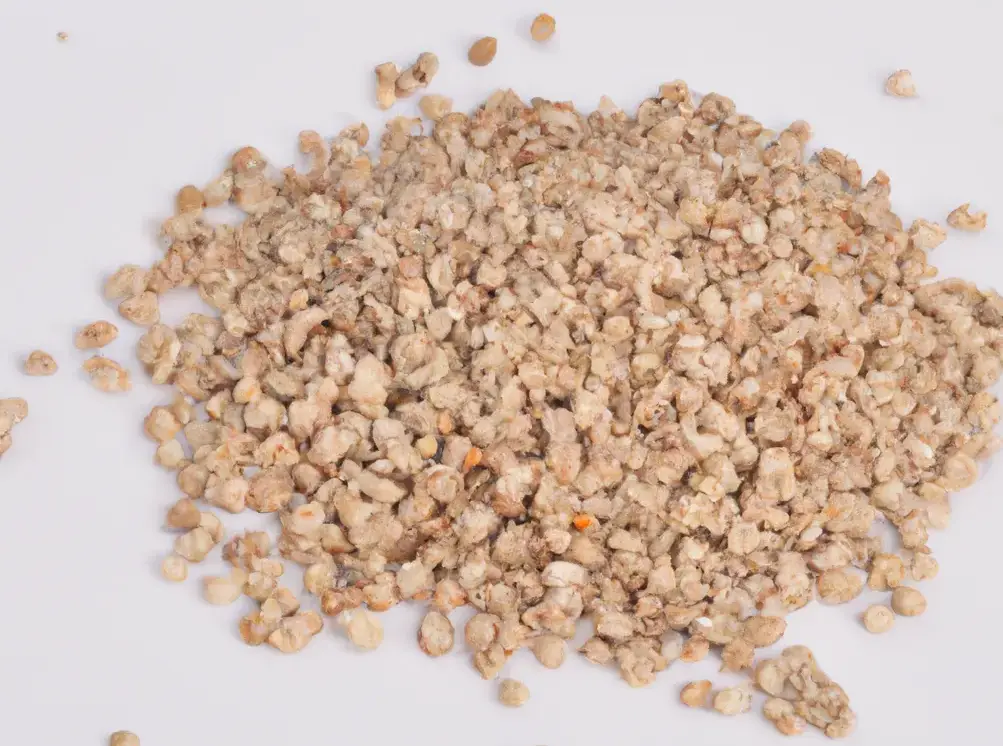Botanical Name: Trachyspermum ammi
Also Called: Bishop’s Weed, Carom
Ajowan is a spice that occupies a special place in the culinary and medicinal traditions of South Asia and the Middle East. It is small, oval, and ridged, resembling tiny cumin or caraway seeds. Despite its modest appearance, ajowan packs a potent punch with its intense aroma and distinct flavor, making it a treasured ingredient in various cuisines and herbal remedies.
Ajowan’s flavor is robust and pungent, reminiscent of thyme but with a sharper, more peppery edge due to its high thymol content. This intense, slightly bitter taste makes it popular for enhancing deep, hearty dishes. In Indian cuisine, ajowan is often toasted or fried in hot oil to temper its bitterness and unlock its aromatic qualities. It is a key ingredient in parathas, puris, pakoras, and lentil-based dishes, imparting a warming, earthy depth.
In Middle Eastern cooking, ajowan finds its way into breads, pastries, and spice blends. Its ability to complement fatty or starchy foods makes it a staple in recipes featuring potatoes, chickpeas, or meats. It’s also a hidden hero in pickling, where its antimicrobial properties shine, and is used in spice mixes such as Ethiopian berbere or certain variations of garam masala.

